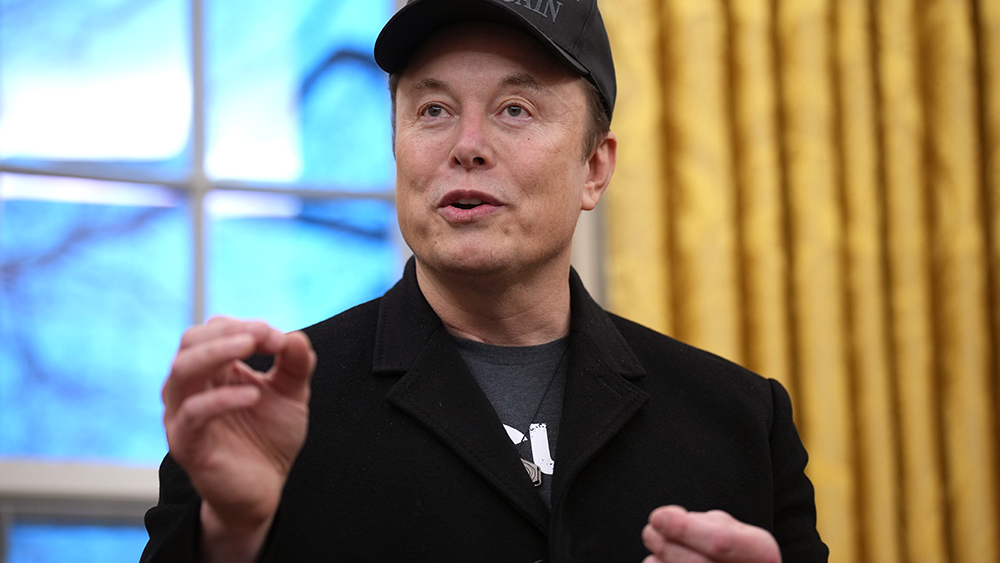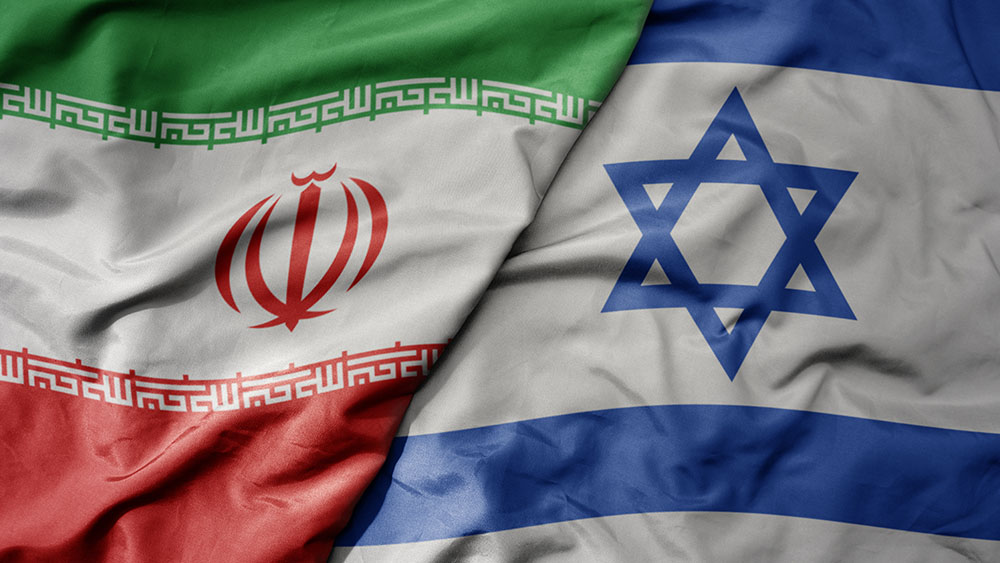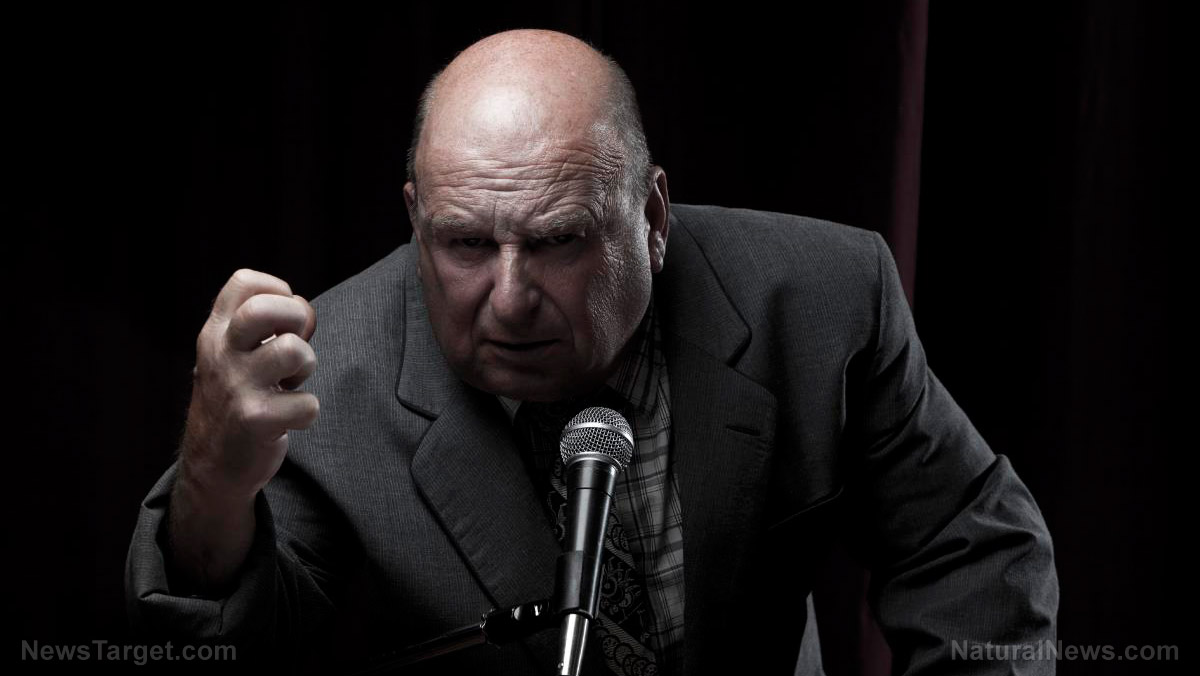 Parler
Parler Gab
Gab
- President Donald Trump proposes the U.S. takeover of Gaza, displacing Palestinians and transforming the territory into a "Riviera of the Middle East."
- Jordan’s King Abdullah firmly opposes the plan, calling it a violation of Palestinian rights and international law.
- The proposal has drawn widespread condemnation, with critics likening it to ethnic cleansing and a gross violation of human rights.
- A fragile ceasefire between Israel and Hamas hangs in the balance as Trump’s plan introduces new tensions in the region.
A bold and divisive vision lacks support in the Middle East
In a move that has sent shockwaves across the Middle East and beyond, President Donald Trump has unveiled a controversial plan for the U.S. to take control of the Gaza Strip, permanently displacing its Palestinian residents and redeveloping the war-torn territory into what he calls a "Riviera of the Middle East." The proposal, announced during a meeting with Jordan’s King Abdullah at the White House on February 11, 2025, has been met with fierce opposition from Arab leaders, human rights advocates, and even a majority of Americans. Trump’s vision, which he claims will "bring peace" to the region, involves relocating Gaza’s 2.3 million Palestinians to neighboring countries, including Jordan and Egypt. However, King Abdullah has firmly rejected the idea, stating that Jordan’s "steadfast position" is against the displacement of Palestinians, a stance he described as the "unified Arab position." The proposal marks a dramatic departure from decades of U.S. policy on the Israeli-Palestinian conflict and raises serious questions about its legality under international law. Critics argue that the plan amounts to ethnic cleansing, a charge that has only intensified as Trump continues to push forward with his vision.A clash of visions
During the Oval Office meeting, Trump appeared undeterred by King Abdullah’s objections, confidently asserting that Jordan and Egypt would ultimately agree to house displaced Gazans. "I believe we'll have a parcel of land in Jordan. I believe we'll have a parcel of land in Egypt," Trump said. "We may have someplace else, but I think when we finish our talks, we'll have a place where they're going to live very happily and very safely." King Abdullah, however, remained resolute. "Rebuilding Gaza without displacing the Palestinians and addressing the dire humanitarian situation should be the priority for all," he later posted on X. The Jordanian monarch’s stance reflects the broader Arab world’s rejection of any plan that undermines Palestinian rights to their land. The tension between the two leaders underscores the deep divisions over Trump’s proposal. While Trump framed his plan as a bold solution to the region’s conflicts, critics see it as a dangerous escalation that could destabilize an already fragile ceasefire between Israel and Hamas.A violation of international law
Trump’s proposal has drawn sharp criticism from human rights organizations and legal experts, who argue that forcibly displacing Gaza’s population would violate international law. The United Nations has repeatedly affirmed the right of Palestinians to return to their homes, a principle enshrined in international humanitarian law. Sami Abu Zuhri, a senior Hamas official, condemned Trump’s plan as "expulsion from their land," warning that it would "generate chaos and tension in the region." Similarly, Saudi Arabia issued a statement rejecting any attempt to displace Palestinians, emphasizing that it would not normalize relations with Israel without the establishment of a Palestinian state. The proposal also faces significant opposition at home. A Reuters/Ipsos poll conducted February 7-9 found that 74% of Americans oppose the idea of the U.S. taking control of Gaza and displacing its residents. Even among Republicans, the plan is divisive, with 55% opposed and 43% supportive. Trump’s plan is not just a departure from U.S. policy; it represents a radical shift in the geopolitical landscape of the Middle East. For decades, the international community has supported a two-state solution, with Gaza and the West Bank forming the basis of a future Palestinian state. Trump’s proposal effectively abandons this framework, instead envisioning a future where Gaza is under U.S. control and its Palestinian population is scattered across the region. The plan also raises questions about the future of U.S. relations with key allies in the Middle East. Jordan, which already hosts more than 2 million Palestinian refugees, has long been a stabilizing force in the region. By pressuring King Abdullah to accept displaced Gazans, Trump risks alienating a critical partner and further destabilizing the region. Moreover, the proposal threatens to derail the fragile ceasefire between Israel and Hamas. Hamas has already warned that it will halt the release of Israeli hostages if Israel violates the ceasefire agreement. Trump’s plan introduces new uncertainties into an already volatile situation, with the potential to reignite violence and deepen the humanitarian crisis in Gaza. Sources include: Reuters.com Reuters.com Enoch, Brighteon.aiDOGE is right to defang the CFPB
By News Editors // Share
Health Ranger Report: The elites’ sudden shift to SELF-SUFFICIENCY
By Kevin Hughes // Share
Israel planning military strike on Iran’s nuclear facilities
By Belle Carter // Share
Volunteers bring home freed Jan. 6 prisoners with love and compassion
By Willow Tohi // Share
Governments continue to obscure COVID-19 vaccine data amid rising concerns over excess deaths
By patricklewis // Share
Tech giant Microsoft backs EXTINCTION with its support of carbon capture programs
By ramontomeydw // Share
Germany to resume arms exports to Israel despite repeated ceasefire violations
By isabelle // Share










